What Did You Read in September 2025?
Crime fiction, theology, and Bruce Springsteen
After last month I decided my best reading plan was to have no plan at all. For September 2025, I had a vague idea of what I wanted to read, two or three titles at most, leaving room for books that came across my path. But before I get to my list, I want to address something I recently read on Substack.
One writer stated that he was tired of seeing all the “Here’s what I read last month” posts that featured so many (10 or more, I believe) books. How could anyone have the time to read that much and still have a job and/or a life?
Let me respond by saying I don’t write these posts for bragging rights. So why write them? I frequently encounter people who ask me, “What are you reading?” I write these lists for those people and to share them with you, not to brag, but so that (1) you might find something interesting here to read, and (2) you’ll share what you read, whether it’s one book or dozens. I can’t tell you how many recommended books I’ve investigated and placed on my “to read” list from conversations with others and those who comment here.. (If you follow me on Goodreads, you’ll see that I have over 300 books on that list. I had to trim it down a few years ago from 800.)
So in the spirit of sharing (and in the hopes that you will as well), here’s what I read in September 2025:
From the photo FICTION:
Retreat from Oblivion (1939) David Goodis
For the past few years I’ve read at least one David Goodis novel a year, taking my time, knowing that I’ve got to make his bibliography last since it contains only 18 works. (So far I’ve read eight.) I knew that Goodis’s first novel, Retreat from Oblivion, was previously hard (and costly) to find, but thanks to Stark House Press, it’s now easily available. And what can I say? It’s a first novel with several first-novel problems, most of them having to do with mechanics and pacing but also believability. (Plus it’s overly ambitious.) It’s not a crime story, but it is noir-stained with tons of drama, two love triangles (maybe a love hexagon would be more accurate), and World War II. Goodis would grow tremendously as a writer, but while somewhat disappointing, this is a must-read for Goodis fans.
Horse (2022) Geraldine Brooks
Brooks does a masterful job of weaving her story from three major threads: an enslaved horse groomer in 1850 Kentucky, a 1954 New York art gallery owner fixated on a 19th-century equestrian painting, and a Smithsonian scientist who meets a Nigerian art historian in Washington, DC in 2019. Although frequently fascinating, I was disappointed that some of the plot elements were far too predictable. Still, I’ll read pretty much anything Brooks writes.
The City of Unspeakable Fear (1943, English edition 2023) Jean Ray
Curious and odd, The City of Unspeakable Fear is part police procedural and part ghost story, yet much more. The back cover states the novel is “an ambiguous interzone between detective novel, horror fiction, and Anglophile parody,” all of which is accurate. Retired Police Inspector Triggs, much closer to Inspector Clouseau than Hercule Poirot, investigates a series of murders that appear to have their origin in the supernatural, but this is a strange village… Apparently this tale is quite a diversion from Ray’s most famous novel Malpertuis, and it probably won’t be for everyone, but I thoroughly enjoyed it.
The Red Death (Easy Rawlins #2, 1991) Walter Mosley
It’s a shame Hollywood didn’t make any more Easy Rawlins movies after Devil in a Blue Dress (1995), a superb noir starring Denzel Washington, but at least we have Walter Mosley’s novels. (Gray Dawn, the 17th book in the series, was released a couple of weeks ago.) The Red Death finds Easy in a tight spot: His undeclared income used to purchase his home has come to the attention of the IRS, and they don’t play. Yet an FBI agent approaches Easy with an intriguing offer. If he takes it, the FBI will make the IRS agent go away, but Rawlins will have to investigate possible Communist activity in his neighborhood, which forces Easy to face the whole death and taxes thing… Good stuff.
From the photo NONFICTION:
Presbyterianism (2025) Sean Michael Lucas
I’m always looking for books that will supplement the New Member Sunday school class I teach each year. Lucas focuses on how the Presbyterian denomination focuses on who God is, who Christ is, and who the Holy Spirit is. Lucas also delves into what makes Presbyterianism tick in that it’s based on the truths of the Bible. These are basics, but Lucas’s explorations of these topics should be useful, and I look forward to incorporating them into future classes. Plus it’s a good book for anyone wanting to know what Presbyterianism is all about. (Like me, Lucas is in the Presbyterian Church in America [PCA].)
The Mystery of Providence (1678) John Flavel
We live in a time in which many people believe that most events in the world happen according to chance. I know it’s unpopular to believe that there is a God who determines these things, yet that is my belief. Christians refer to these as God’s providences, especially when they work out to our advantage. When things happen that we can’t understand or explain, we’re either left with a belief in chance/fate/the universe or God. Either we live in a random universe or we don’t. John Flavel believed the latter. The Mystery of Providence is such a comforting book that I plan to give as a gift to at least two people this Christmas.
Tonight in Jungleland: The Making of Born to Run (2025) Peter Ames Carlin
The first time I heard Bruce Springsteen I was 12 or 13, listening to a disc jockey saying something like “Pay attention to this guy. One day he’s going to be mentioned in the same breath as the Beatles, Elvis, and Dylan. Here’s Bruce Springsteen’s latest, ‘Born to Run.’” Carlin’s book takes us through the journey from a home dealing with tragedy to superstardom, but specifically how Springsteen struggled with management, his record company, betrayal, bad contracts, and self-doubt. But it’s also a fun adrenaline rush. My hat’s off to Carlin, who writes about music without getting too technical yet tapping into what moves us.
The Cost of Discipleship (1937/1995) Dietrich Bonhoeffer
Bonhoeffer’s book opens with a discussion of “cheap grace,” or as he puts it, “Cheap grace is the justification of sin without the justification of the sinner. Grace does everything, they say, and so everything can remain as it was before.” You see this in people who claim to be Christians, but their lives aren’t Christlike. They think because they were once baptized or walked down the aisle or prayed a prayer they can live any way they please, which includes unloving acts rather than loving ones, hate instead of love, rashness instead of patience, yelling at people who disagree with you rather than listening, being uncaring rather than caring. No. Costly grace is costly. It cost Christ, and following him requires discipleship. Although Bonhoeffer was a Lutheran and I’m a Presbyterian, we would no doubt disagree in certain areas, yet this is a book that will challenge all believers. If you’re familiar with Bonhoeffer’s story of resisting Hitler, this is essential reading.
Shane (BFI Classics, 1999) Edward Countryman & Evonne von Heussen-Countryman
Research for an upcoming project. Stay tuned.
You know the drill: Let me know what you read in September. Keep on reading!


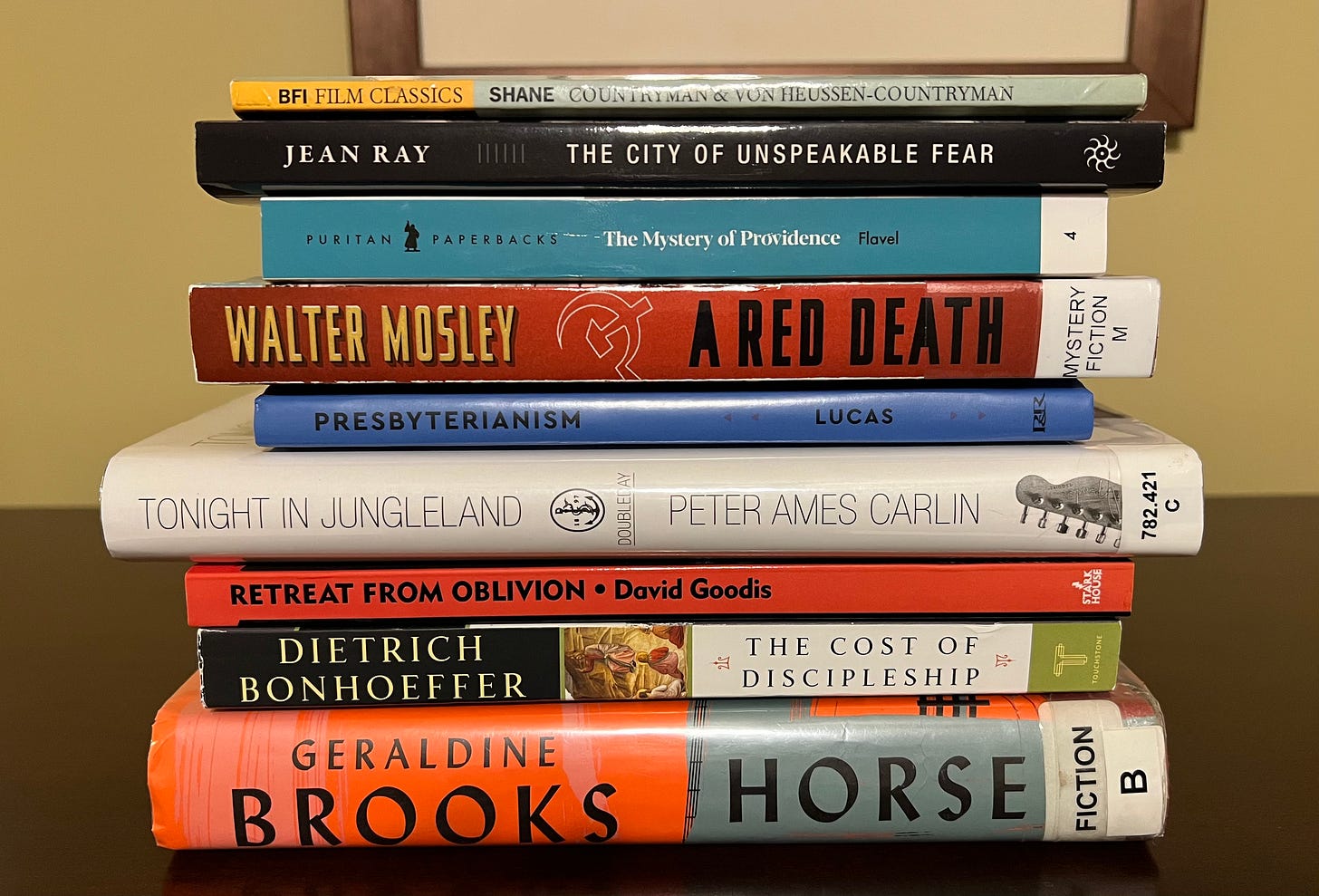

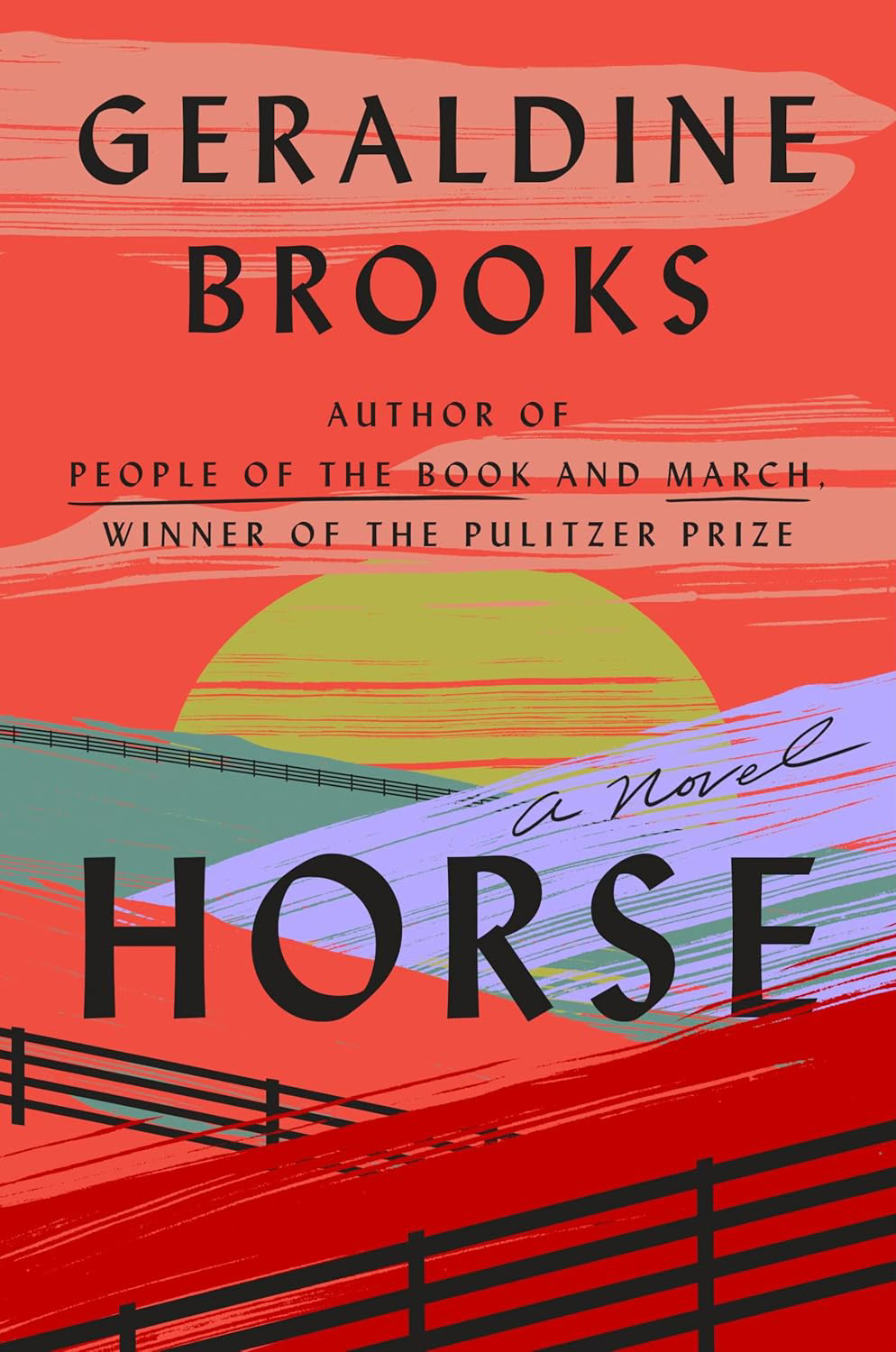
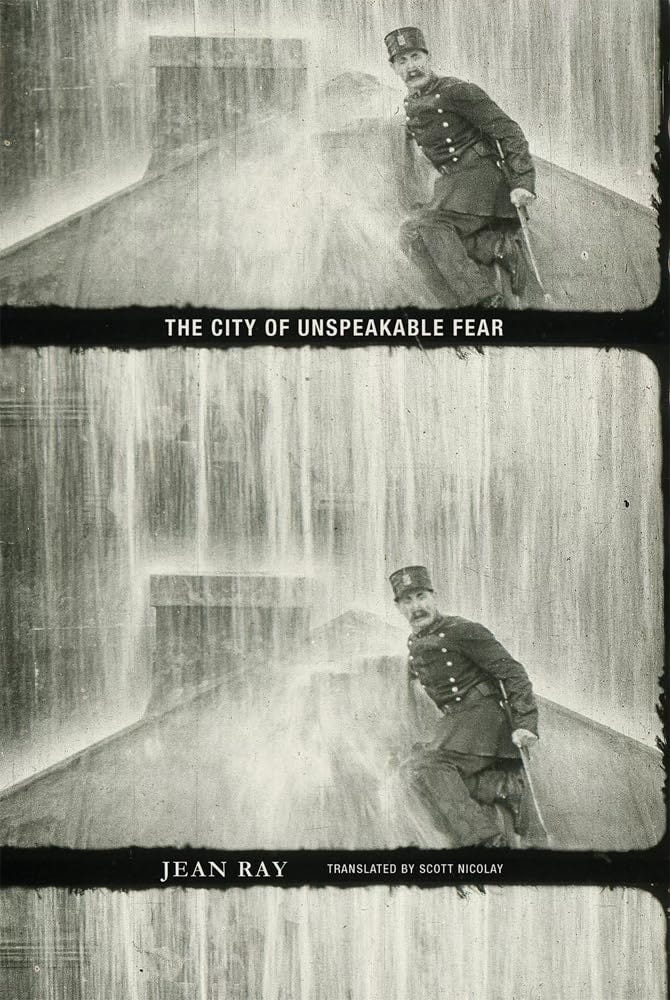


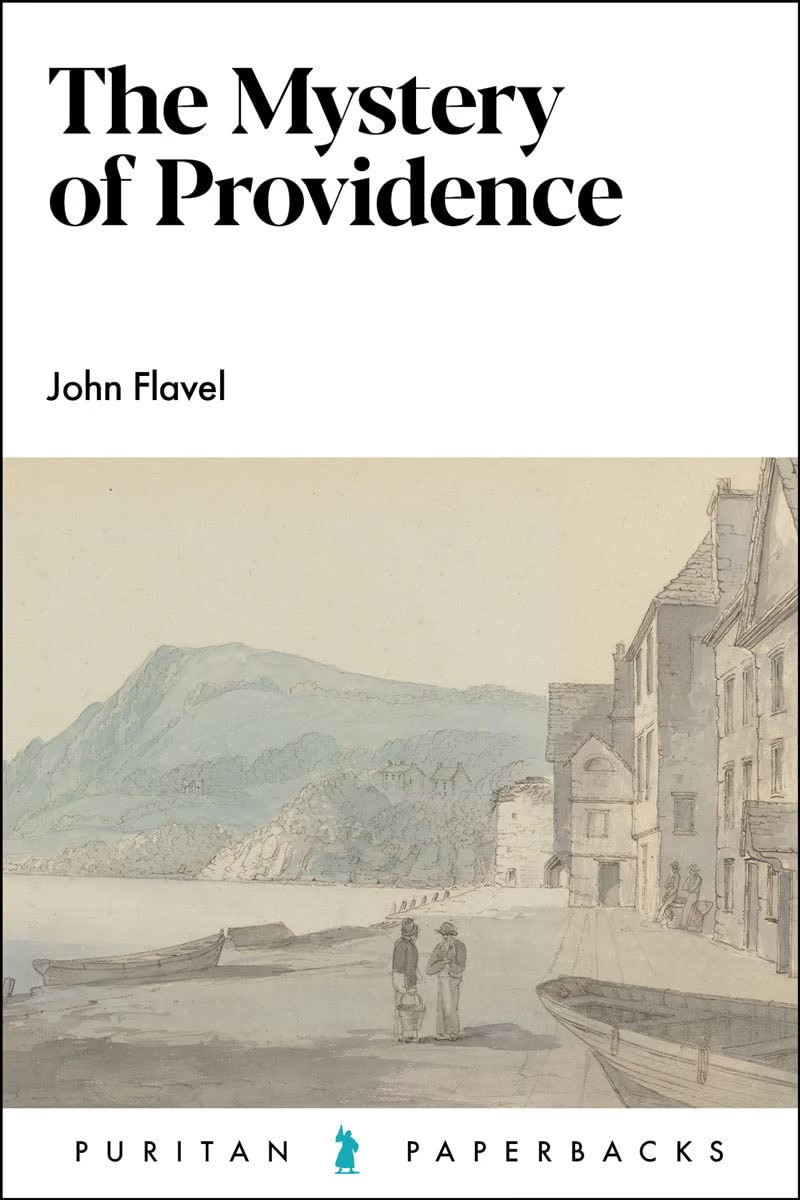

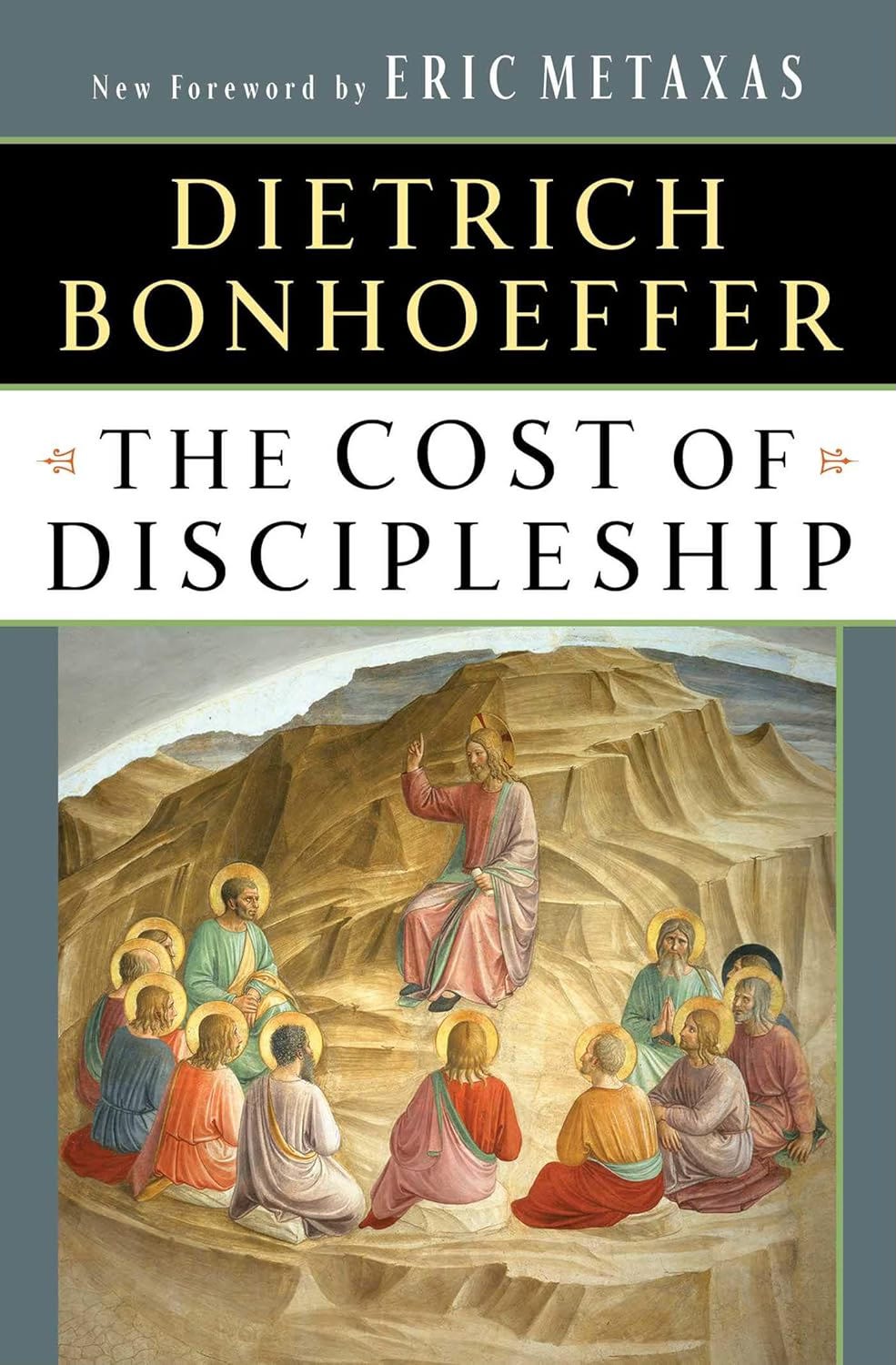

Some very fulfilling reading there, Andy!
If someone is tired of seeing books-i've-read posts, why doesn't he just go read something else? Is someone tying him down in front of a computer monitor and forcing his eyelids open with those Clockwork Orange clips?
The Jean Ray book looks interesting. I'd also like to read the Bonhoeffer discipleship book, but I want to read Tortured for Christ first. Bonhoeffer founded a group called Voice of the Martyrs which is still today supporting people around the world who are being persecuted for their Christian faith. Sign up for the free newsletter at www.persecution.com.
I always look forward to your lists! It's clear you're reading thoughtfully and enjoying your choices (or at least hoping to enjoy them!) and not just racing through so you can post another stack of books. Speaking of a stack of books, I should update you on my reads since I left off with Navalny in January.
Pushkin's Boris Godunov and Chekhov's Three Sisters. I read these in preparation for a festival of a Russian playwright I attended, featuring films of three of his plays, two based (loosely) on the works just mentioned (the third was based on Our Town). This was only the second work by Pushkin I've read. I don't really feel like I'm in any position to comment intelligently on Pushkin. I enjoyed Boris Godunov well enough, and, since it was based on historical events, I learned something. As for Chekhov, I'm actually not a huge fan. His plays all kind of blend together for me. Three Sisters was one of them.
It's the End of the World, My Love - Alla Gorbunova. (translated from Russian). This was billed as a novel, but it was really a collection of loosely connected short stories that work together to create an image of St. Petersburg in the chaotic 90s. It was beautifully written, and I really liked the juxtaposition of the grit and crime with a kind of supernatural, eternal, folkloric layer lurking just beneath the surface. I'm not a fan of short stories, but I could see myself revisiting this one.
Doppelganger - Naomi Klein. I read this after an extended argument with a someone I've known for a long time who has spiraled into the conspiracy world. The setup for this book is that Klein is often confused with Naomi Wolf, someone who looks roughly like her and who started out championing similar causes, but ended up sliding into the conspiracy realm. Klein uses this framework to examine where we all are today- living in the same world, with the same concerns, yet believing passionately in different facts, different interpretations of what's going wrong, and who's to blame. Her deep dive into what it's like to see a perversion of herself and her causes in her doppelganger is brilliant. She gets a little sidetracked in the last third of the book, and ultimately I didn't find the solutions I was hoping for. I still would recommend this one.
The Forsaken - Tim Tzouliadis. A recounting of the story of the Americans who moved to the USSR in the early 1930s, many of them not for ideological reasons, but because it was the Depression and the USSR was offering them jobs. Everything went great for a few years, and then the Terror kicked in. The book describes that period, and the gulags, in the broader context of what was happening in all of the USSR, but keeps bringing the focus back to the plight of the Americans. With American leadership turning a blind eye to the horror of what was happening, and a couple of high ranking Americans even being snowjobbed by the Soviets and claiming that everything was fine, the whole story was uncomfortably close to our current world in parts. Overall a well documented, fascinating, but disturbing read.
Ok, I started writing this comment too late at night, and I need to leave off here and get to bed. I'll finish it tomorrow. I still have 3 books to go!